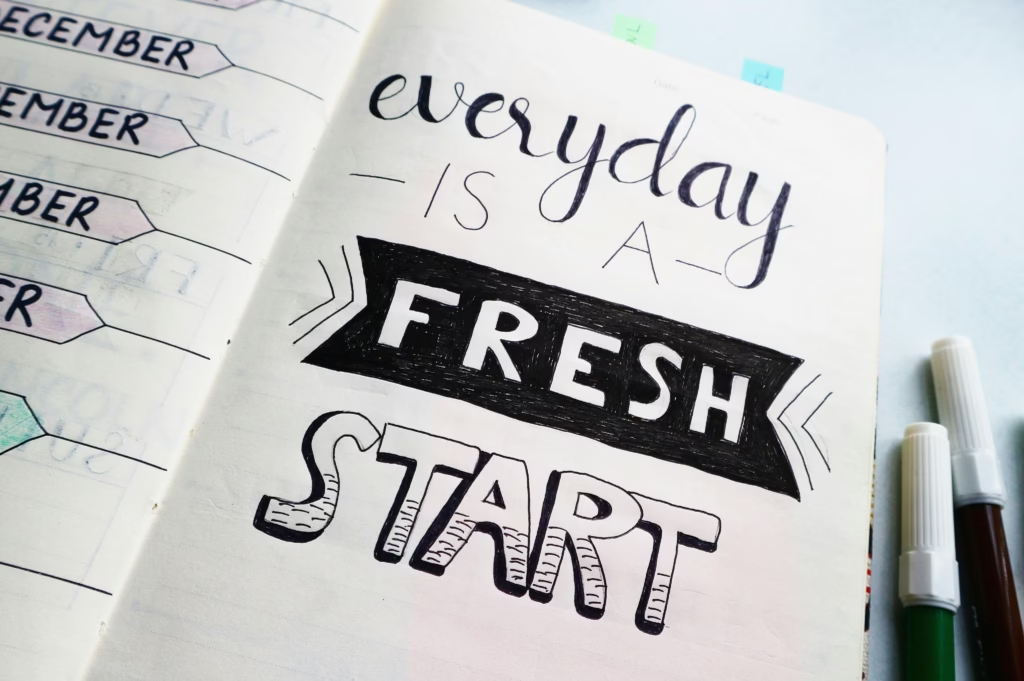
Suppressing emotions might feel easier, but research shows it can harm your brain, body, and relationships. Learn the risks and how to process emotions in healthy ways.
When someone asks, “How are you?” do you automatically say, “I’m fine,” even when you’re not?
Do you tend to hide your emotions, hold everything in, or feel numb instead of expressive?
If so, you may be engaging in emotional suppression — the habit of denying, avoiding, or pushing away what you truly feel. While this coping style might seem protective in the short term, over time it can create deep imbalances in your nervous system, your relationships, and even your physical health.
In this article, we’ll explore what it means to suppress emotions, the risks it brings, and how to start processing your emotional world in a healthier, more mindful way.
What Does It Mean to Hold In Emotions?
Suppressing or stuffing down emotions means you consciously or unconsciously avoid expressing what you feel. You might:
- Say “I’m fine” to avoid burdening others.
- Push down sadness, anger, or fear instead of expressing it.
- Distract yourself from painful feelings with busyness or positivity.
- Feel disconnected, numb, or emotionally flat.
- Have sudden emotional outbursts after minor stressors.
This pattern — also described as emotional avoidance, repression of feelings, keeping emotions inside or stuffing down feelings — quietly impacts your nervous system, social connection and physical health (Patel & Patel, 2019; Chapman et al., 2013).Many people were taught as children to “be strong,” “stay positive,” or “not make a scene.” Over time, this can turn into emotional avoidance — a pattern of keeping your inner world hidden, even from yourself.
Why Suppressing Emotions Can Be Dangerous

1. Weakened Relationships and Emotional Connection
Research shows that people who regularly hide their emotions tend to experience less closeness and lower relationship satisfaction. When we keep everything inside, others can’t connect to our authentic selves — and we end up feeling unseen or misunderstood.
A study published in The Journal of Personality and Social Psychology found that emotional suppression predicted lower social support and less intimacy. In other words, not showing your true emotions can quietly erode your sense of connection.
2. Physical Health Consequences
The impact of holding in emotions goes far beyond how you feel — it can actually influence your physical health.
One long-term U.S. study followed adults for 12 years and found that people who frequently suppressed their emotions had a 35% higher overall risk of death compared to those who were more emotionally open. Their risk for heart disease and cancer was also significantly higher (Chapman et al., 2013).
Other research shows that emotional suppression can disrupt the immune system. For instance, a study of grieving spouses discovered that those who regularly held back their emotions had higher levels of inflammation in the body than those who expressed their feelings more freely (Aldao et al., 2019).
Over time, this pattern of “keeping everything inside” places ongoing stress on the nervous and immune systems, slowly wearing them down and making the body more vulnerable to illness (Ng, Gruenewald, & Juster, 2024).
3. Mental Health & Inner Disconnect
Suppressing emotions can lead to disconnection from your internal emotional world — you may feel numb, emotionally frozen or detached. Research has found links between emotional suppression and increased symptoms of depression, poorer psychological adjustment (e.g., among women newly diagnosed with breast cancer) and greater difficulty processing loss or trauma (Wang et al., 2015).
When you deny or bury emotions, they don’t simply vanish — your nervous system still processes them, often by increasing baseline stress responses or preparing for “explosive” release.
4. Toxic Positivity: The Polite Face of Suppression
Not all emotional avoidance looks negative. Sometimes, it shows up as toxic positivity — forcing yourself to “stay grateful” or “look on the bright side” while ignoring valid pain.
Healthy emotional regulation means allowing all emotions, not just the pleasant ones. Sadness, anger, and fear have a purpose: they signal unmet needs, boundaries, or values that need attention.
How to Stop Suppressing Emotions & Start Healing

1. Check In With Yourself Daily
Set reminders to pause a few times a day and ask, “What am I feeling right now?” Notice sensations in your body — a tight chest, tense shoulders, shallow breath. These physical signs often point to hidden emotions.
2. Use Healthy Outlets
- Movement: Physical activity helps regulate the nervous system and release stored emotional energy.
- Breath & Mindfulness: Deep breathing, meditation, or simply grounding outdoors can help calm the body.
- Journaling: Writing about your thoughts and feelings (especially Emotional Freedom Journaling) helps bring unconscious emotions into awareness.
- Connection: Sharing how you feel with a trusted person — a friend, partner, or therapist — can transform isolation into relief.
3. Face Emotional Fears
Many people fear that if they let themselves feel sadness or anger, they’ll lose control. In truth, emotions pass more quickly when they’re acknowledged.
Approaches like Cognitive Behavioral Therapy (CBT) teach you how to observe emotions, identify negative thought patterns, and respond without judgment.
4. Embrace Emotional Honesty
There’s a difference between healthy optimism and what’s called “toxic positivity” — dismissing or invalidating negative emotions in favour of forced cheerfulness. That kind of positivity is still a form of suppression. Real emotional health means all emotions matter: negative ones like sadness, anger or shame, as well as positive ones. They provide information. They guide change. Letting them surface leads to resilience. staying calm at all costs. It’s about being authentic, grounded, and real. Emotional honesty creates safety in your nervous system — and connection with others.
5. Build a Habit of Emotional Processing
It’s not about “never feeling bad” — it’s about feeling and responding rather than storing. With practice, you’ll notice fewer explosive reactions, more clarity about what you’re feeling and why, improved relationships, and a calmer nervous system. Over time, the quality of your mental, physical and relational health can improve.
Feel It to Heal It

If you’ve been holding your emotional world under wraps, know this: you’re not alone, and you’re not broken. But your nervous system, relationships and body do benefit when you begin to shift from suppression to healthy expression and processing. Emotions aren’t the enemy — they’re information, they’re guides, and they’re part of your thriving nervous system. Let them speak. Listen. Ask for help when you need it. With consistent practice, your health, connections and sense of self will deepen.
If you’d like support in learning healthier ways to process your emotions — whether you’re dealing with burnout, anxiety, nervous-system dysregulation or relationship strain — I invite you to schedule a consultation at Newland Therapy. Let’s explore together how you can reclaim emotional freedom, rebuild trust in your inner experience, and live with more authenticity and ease.
Youtube link https://youtube.com/shorts/YvPC0d4XVWw
References
Aldao, A., Sheppes, G., & Gross, J. J. (2019). Emotion regulation and immune functioning during grief. Psychosomatic Medicine, 81(6), 550–558. https://doi.org/10.1097/PSY.0000000000000755 Lippincott Journals
Chapman, B. P., Fiscella, K., Kawachi, I., Duberstein, P., & Muennig, P. (2013). Emotion suppression and mortality risk over a 12-year follow-up. Journal of Psychosomatic Research, 75(4), 381–385. https://doi.org/10.1016/j.jpsychores.2013.06.004 PubMed+1
Ng, A. E., Gruenewald, T., & Juster, R.-P. (2024). Affect regulation and mortality risk: The role of allostatic load. Psychosomatic Medicine. Advance online publication. https://doi.org/10.1097/PSY.0000000000001378 MIDUS – Midlife in the United States
Patel, J., & Patel, P. (2019). Consequences of repression of emotion: Physical health, mental health and general well-being. International Journal of Psychotherapy Practice & Research, 1(3), 16–21. https://doi.org/10.14302/issn.2574-612X.ijpr-18-2564 Open Access Pub+1
Wang, H., Chow, K. M., Sun, J., Li, C., & Chu, H. (2015). Emotional suppression and depressive symptoms in women newly diagnosed with early breast cancer. BMC Women’s Health, 15, 91. https://doi.org/10.1186/s12905-015-0254-6 BioMed Central
SeattleAnxiety.com. (2022, December 7). Expression over suppression: Why we need emotions. Seattle Anxiety & Trauma Center. https://seattleanxiety.com/psychiatrist/2022/12/7/expression-over-suppression-why-we-need-emotions seattleanxiety.com
